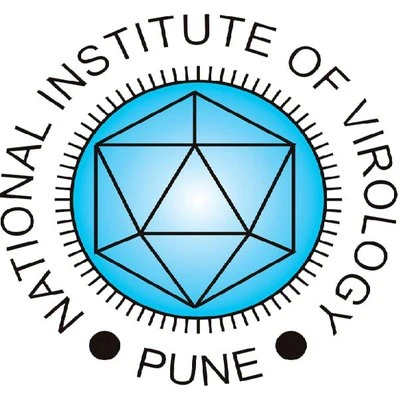Overview
The National Institute of Virology is one of the most important institutions of the Indian Council of Medical Research. Through the backing of the ICMR and the Rockefeller Foundation (RF), USA, the institute was established at Pune, Maharashtra as Virus Research Centre (VRC) in 1952. Following the retraction of the RF in 1967, the institute has since then been funded by the ICMR.
A Scientific Advisory Committee (SAC) of renowned scientists are working on the research activities of the institute, and focus on widening the areas of research, thereby making the center more self-sufficient.
In 1978, the VRC was awarded national recognition and was renamed as National Institute of Virology (NIV). Following this, studies on AIDS, Rabies, Measles, and many such diseases were also initiated. From 1974 onwards, the NIV has been serving as one of the WHO collaborating centers for arbovirus reference as well as research.
Academic Performance
The M.Sc. Virology courses offered by the institute is affiliated by the Institute of Biotechnology & Bioinformatics, under Savitribai Phule Pune University, is the only one of its kind in the country. Masters course in Virology is offered by a couple of other organizations as well in the country but the strength of NIV’s infrastructure and faculty is unequaled.
About 47% of the students are engaged in doing a Ph.D., 30% in foreign universities. A substantial number are in employment, 35% in India and 4% abroad. Altogether the statistics show that the course has been useful and is generating human resource that is being absorbed rapidly by academia and industry.
Research and Development
The NIV has the potential infrastructure for carrying out research in modern molecular virology as well as immunology, advanced electron microscopy, diagnostic development, vector biology, animal experimentation BSL-3 facility and a dedicated interdisciplinary faculty of more than 40 scientists.
Some of the landmark achievements are:
- Isolated the 11 strains of SARS-COV-2 and helped India become the 5thcountry in the world to do so.
- First Indian laboratory that developed comprehensive infrastructure facilities like tissue culture, biochemistry, epidemiology, immunology and medical zoology for research in arbo-virology.
- Discovery of Kyasanur Forest Disease, a tick-borne viral disease.
- Finding of a new genotype of dengue virus.
- The first institute to confirm the occurrence of many arboviral diseases in India such as Japanese encephalitis, Chikungunya, West Nile, Chandipura etc.
- Ecological studies to understand the natural cycle of zoonotic viruses like KFD, JE, Chandipura etc.
- Discovered 22 new viruses; a few have been characterized fully, while others are partially characterized or unrecognized. Recently, isolated and characterized a novel virus “Malsoor”, from frugivorous bats, belonging toPleobvirus family.
Placement Highlights
As a measure to develop employment opportunities for newly qualified students, NIV is organizing a Campus Placement Programme every year in their campus, which will facilitate the interaction of prospective employers with their successful students. It would serve a dual purpose; first, exposing the students to better opportunities in the Indian industry so that they will be retained in the country itself. The second purpose would be for the Industry to strengthen its Research & Development with well-trained personnel.

